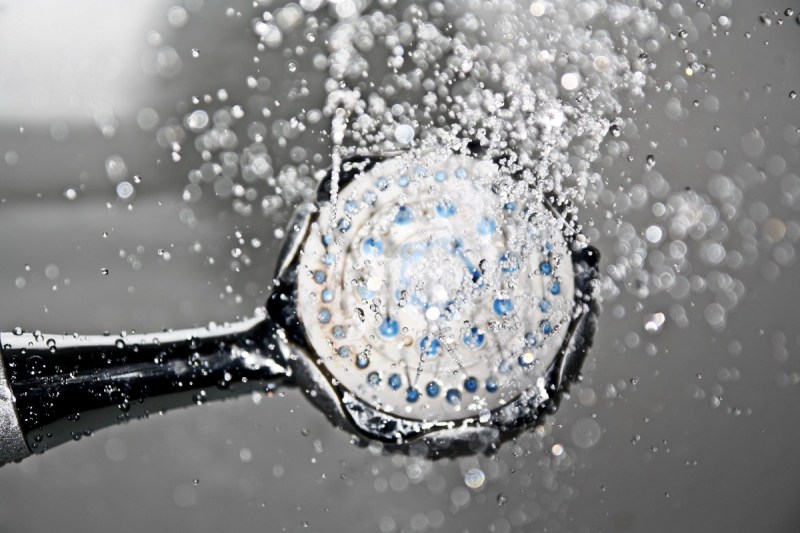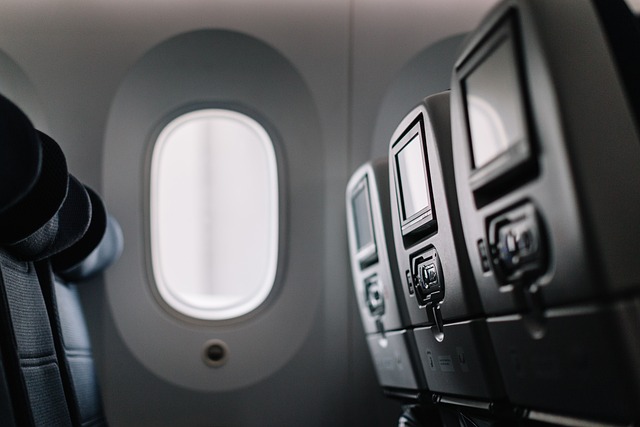
Traveling by air doesn’t come without its physical tolls. Hours spent in a pressurized cabin with limited movement and dry hydration levels can negatively impact our skin and immune system in ways we don’t immediately notice. One of the simplest yet surprisingly effective ways to counteract these effects is by taking a cold shower after a flight. While it might not be the most appealing thing in the world to do after a flight, the cold exposure might just be worth it. Let’s explore how this simple act can be a game-changer for frequent flyers.
Benefits of cold showers after a flight

Revitalizing the skin
One of the most notable changes that you may have experienced after air travel is how harsh it can be to the skin. The low humidity levels in airplane cabins can harm the natural moisture barrier on your skin and lead to dehydration or even breakouts. A cold shower can work wonders in this scenario.
This is because cold water helps to constrict blood vessels, which can reduce the swelling that might occur after long flights. This constriction also helps to tighten the skin, giving it a firmer and more vibrant appearance. For those prone to acne or oily skin, cold water is beneficial as it doesn’t strip the skin of its natural oils like hot water can.
Cold showers can also help to stimulate blood circulation. This increased circulation can help to nourish skin cells, speeding up the skin’s metabolism and leading to healthier, more radiant skin. This boost in blood flow can also aid in the more efficient removal of toxins, including those accumulated during travel.
Enhancing immune response
Beyond skin health, cold showers can also positively affect the immune system, particularly after being in an environment like an airplane where exposure to germs is higher. Cold water can increase the production of white blood cells, which are crucial in fighting off infections and responding to pathogens, so taking a cold shower might just give your immune system the post-flight boost it needs.
Cold showers are also linked to an increase in the production of anti-inflammatory substances in the body. Inflammation is a natural response to stress, including the physical stress of travel. By reducing inflammation, cold showers can indirectly support immune function, helping the body to recuperate more efficiently from the rigors of air travel.
While the thought of stepping into a cold shower after a long flight might be unappealing, the potential benefits for both skin health and immune function might just be worth it. By improving circulation and stimulating the immune system, a cold shower can be a simple yet effective way to rejuvenate your body after air travel. As with any health-related practice, individual experiences and benefits can vary, so it’s always good to listen to your body and adjust accordingly.
Editors' Recommendations
- iPhone photography tips: How to take better travel photos on your phone
- How to renew Global Entry (and when you should do it)
- The government just banned this airline practice every traveler hates
- When is the best time to visit Italy? This is when you should go
- You’ll soon need a visa to visit this incredible country



